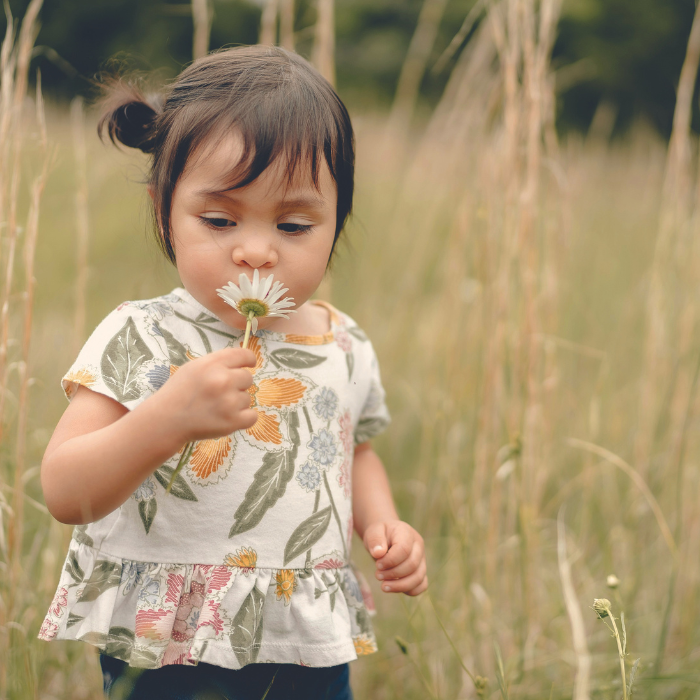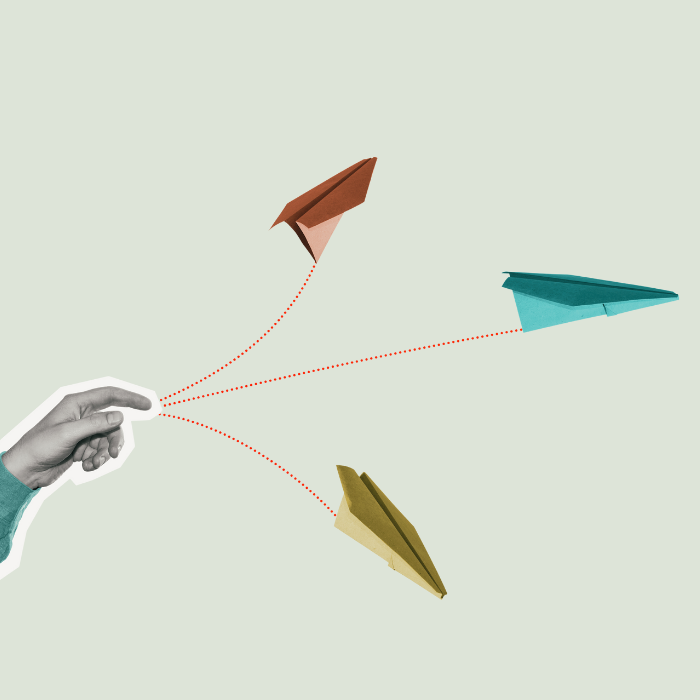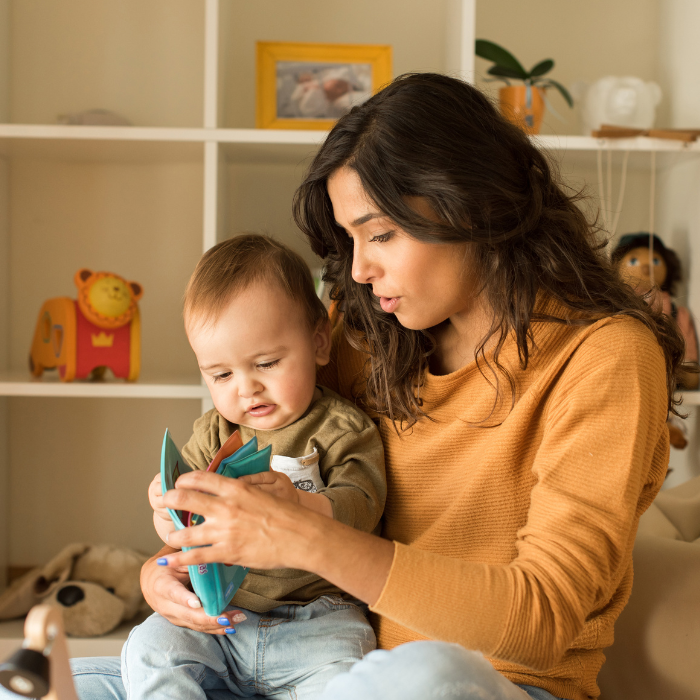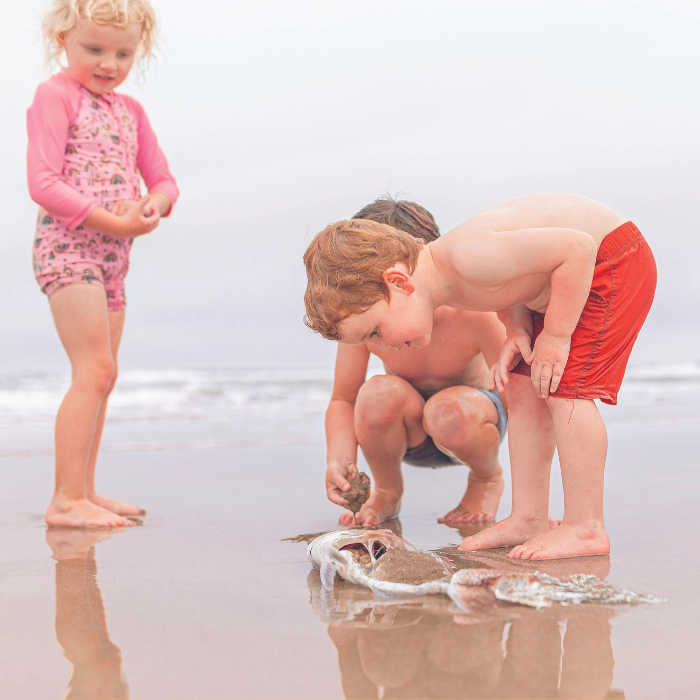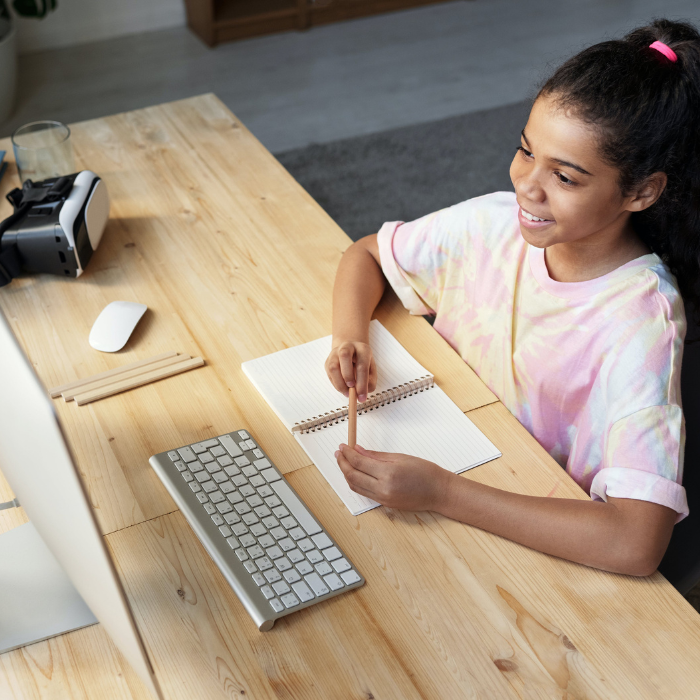
In our tech-saturated world, with screeds of information at our finger tips, have we lost the ability to wonder? Miriam McCaleb has some ideas for bringing the wonder back into the lives of ourselves, and our children.
Remember what it used to be like to wonder about stuff? It used to be that questions of all types had the potential for discussions, debate, or pondering:
“What is the name of the actress who was in King Kong?”
“How does the angle of the planet’s axis impact our experience on earth?”
“I wonder what is the best way to cook quinoa?”
There were some questions that I used to carry with me for years. Perhaps you had them too. The big questions, like, “Why do bad things happen to good people?” But other questions that evaded a clear answer were less big, like, “What was that 1980s pop song that went ‘Nah nah nah, something something, in my arms, baby, yeah?”
WONDER ABOUT THINGS
Over time, we developed strategies to research our questions. Perhaps we’d ask mentors for advice. Maybe you mastered the Dewey Decimal System, and many of us developed debating skills, to wrestle with the gritty topics. My teenage self couldn’t have imagined that soon enough I’d have a magical box in my house – in my purse! – that would hold all the information of all the libraries and laboratories and kaumatua in the world, just waiting for the right question to be asked.
While this is an astonishingly wonderful development in terms of sharing knowledge, and I’m not about to advocate smashing the internet so we can return to simpler times, I do think it’s helpful to step away from Siri for just a second and contemplate the world through the eyes of our kids, the so-called digital natives. Just what does it mean to grow up in a world where wondering about things is no longer a necessity? We gain a lot from our 24/7 access to the spectacular sorcery of the internet, but in child development terms, what are we in danger of losing?
Let’s start by revisiting what we know for sure about the way that humans grow and develop. We grow in the context of our significant relationships, and the things that science has proven to be associated with positive outcomes for people (ie, the Good Stuff of Life) are: Loving touch, lots of language, and expressions of love. Play is vital; laughter is great. Singing’s good too.
THE BEST WAY TO SOLVE A PROBLEM
So with the Good Stuff of Life measurements in mind, let’s compare two responses to one wonder. When walking to the bus stop, a child (or a parent!) sees the neighbour’s cat and says, “I wonder how many cats there are in New Zealand?” One way to find out is to pull your phone and find out a number, fast. Another way is to… Wonder. Ask more questions: How would a person begin to measure that? What would be some good things or not-so-good things about having lots of cats around? I wonder if there are more cats than dogs? Which approach leads to more opportunities for the Good Stuff of Life? Which has more potential for language? Or laughter?
Some people reading this (hello, Husband!) will think that a fast fact is the only way to go. So let me have a crack at arguing the case for wondering. Einstein said, “Imagination is more important than knowledge.” Creative thinking is more likely to lead to innovative problem solving. The person who develops the vaccine for colon cancer will be someone who tackles the problem in a new, un-Google-able way. Wondering along with our children (or making room for their wonderings) makes some room for fresh thinking, for the absurd, for pulling together ideas that mightn’t seem connected. All this is great for breeding lateral thinkers.
BRIGHT IDEAS ARE WORTH WAITING FOR
It’s smart to practice delaying gratification. Instant gratification (I want, I get… Immediately!) is for babies. Truly. They cry for milk; we give them milk. It is only slowly, gradually that we learn to put a gap between the awareness of hunger and the wailing for food. One of the marks of maturity is the ability to want something, and to wait a good while for it. A compassionate parent will support a child in gradually increasing that skill.
Spending some time in the space of “not knowing” is usually a fine thing to do. In this world where we can feel the need to seem all-knowing, super competent, and amusing to boot, it can feel like something of a relief to just wonder. A tiny playtime for a busy mind.
Perhaps you’ve been tempted by the whole “I’ll be happy when X happens” state of mind. Or maybe you forget how to be content with RIGHT NOW, even if it’s imperfect. A small way to practice this is to allow yourself to be okay with having questions that you don’t have the answer to yet. Don’t rush to resolve the question because you want to relax that bit of your brain that’s chewing something; just let your brain chew quietly.
Choosing what to find out and hold on to means we can devote our short-term memory’s cache to retaining the really important stuff. “What time is the swimming lesson? When does his flight arrive?” are facts to hold on to. Whatever you Googled last (what was it?) might not be information worth holding on to.
LEARN TO BE MINDFUL
Wonder encourages us to pay close attention. Remember what it used to be like to lie down on a sun-warmed, lichen-covered rock and zone in on one of those tiny red spider things? Just watch the little spidery guy, so red and scuttly (apologies to the entomologists out there for the highly nontechnical language*). Where’s he going? How long will he live? What’s he up to? This kind of intense focus is a type of meditation.
Wondering can be a tool for staying engaged. With relationships being the place where we learn to feel secure, grow juicy brains, and develop resilience, then any little technique that helps us with relationship health is worth considering. Practising wondering about things will help us to apply that same open-ended curiosity to other people: “I wonder what Baby is feeling?” “I wonder how James felt when he didn’t get invited?” This breeds empathy, which is a socially (although not biologically!) essential trait.
Of course there is a time and a place for Google; otherwise, my shout out to the entomologists would have been a shout out to the “insect people”.
Miriam McCaleb is a woman who loves to wonder, and so she wonders: Does this make her a wonder woman? She’s a mother, writer and teacher in rural North Canterbury. Please visit her at baby.geek.nz.



